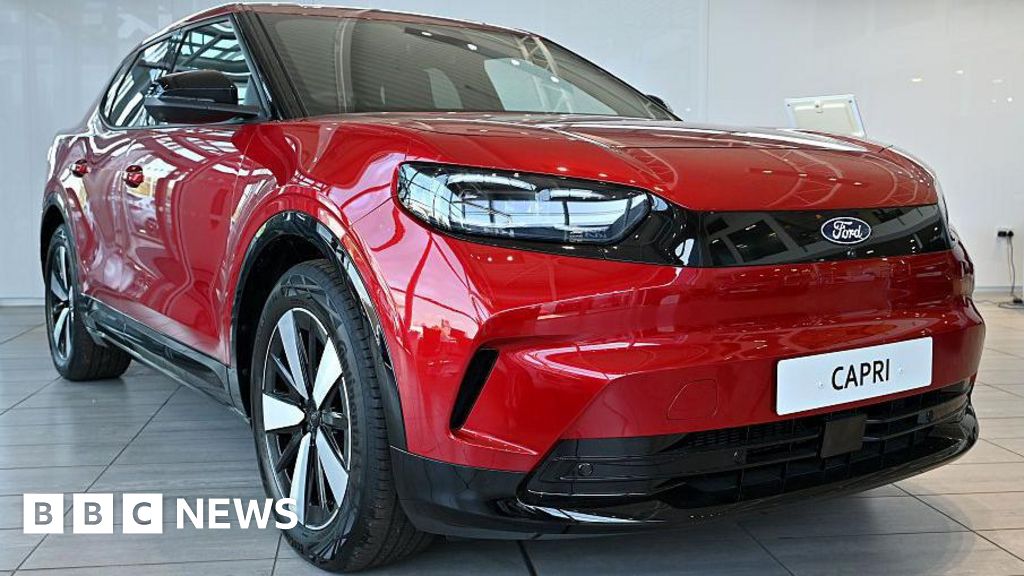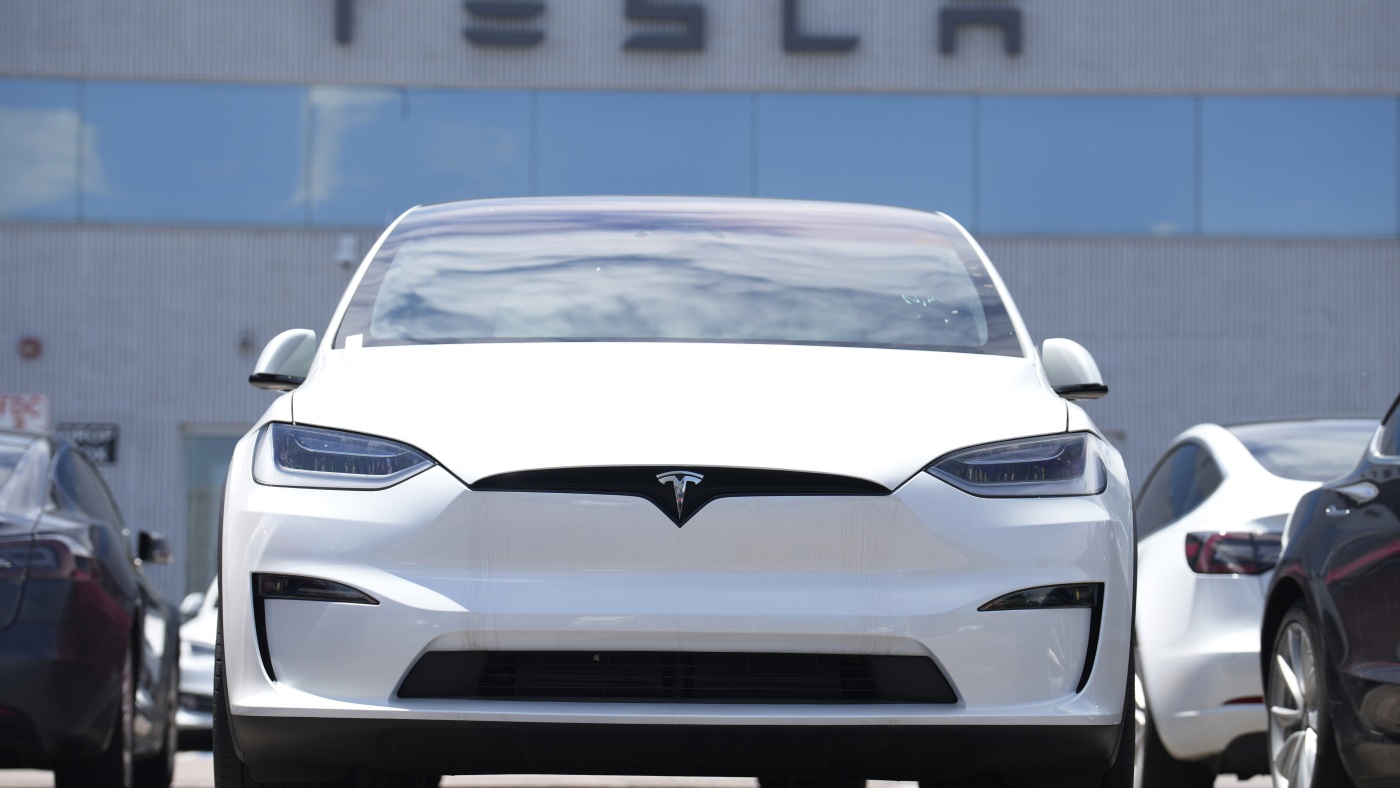Ford Invests $2 Billion in Electric Vehicles at Louisville Assembly Plant

Introduction
Ford has recently announced a massive $2 billion investment in their Louisville assembly plant, with the aim of producing affordable electric vehicles. The Detroit automaker has plans to launch a midsize, four-door electric pickup at the plant in 2027, in a move that reflects their commitment to the growing market for eco-friendly transportation.
Key Details
This significant investment comes at a time when the demand for electric vehicles is on the rise, and Ford is determined to stay ahead of the game. The company has set a goal to have 40% of their global vehicle sales to be electric by 2030, and this investment is a step towards achieving that target.
The Louisville assembly plant, which currently produces the Ford Escape and Lincoln Corsair models, will be retooled to accommodate the production of the electric pickup. This will create new jobs and boost the local economy, while also supporting the shift towards sustainable transportation.
Impact
This investment shows Ford's commitment to providing affordable electric vehicles to consumers, and it is a significant step towards a greener future for the automotive industry. The company is also investing in battery technology and infrastructure to support the production of electric vehicles.
With the growing demand for eco-friendly transportation and the increasing availability of charging stations, the launch of an affordable electric pickup in 2027 is a promising move
About the Organizations Mentioned
Ford
## Overview Ford Motor Company is a global automotive industry leader, recognized as the second-largest automaker in the United States (after General Motors) and the sixth-largest worldwide[1]. Headquartered in Dearborn, Michigan, Ford designs, manufactures, markets, and services a full line of vehicles—including cars, trucks, SUVs, electrified vehicles, and luxury vehicles under the Lincoln brand[1]. The company operates in every major automotive market and is renowned for its innovation, manufacturing scale, and iconic brands. ## History and Key Achievements Founded in 1903 by Henry Ford, the company revolutionized the automotive industry with the introduction of the Model T in 1908, making cars affordable for the masses through assembly line production. This innovation not only transformed Ford but also set a new standard for industrial manufacturing worldwide. Over more than a century, Ford has introduced several landmark vehicles, such as the F-Series trucks—America’s best-selling vehicle for over four decades—and the Mustang, an enduring symbol of American automotive culture[1]. ## Current Status As of 2025, Ford continues to demonstrate strong financial performance, with revenues of $185 billion and net profits of $5.9 billion in 2024[1]. The company is led by CEO Jim Farley, who has prioritized both electrification and quality improvements since taking the helm in 2020[1]. Ford’s vehicle lineup remains robust, with the F-Series leading U.S. truck sales and electrified vehicles accounting for nearly 16% of its U.S. sales in the third quarter of 2025[3]. The company is aggressively investing in electric vehicles (EVs), committing $5 billion to develop a family of affordable, adaptable EVs and building a new battery plant in Michigan[2]. ## Notable Aspects and Challenges Ford is currently at a pivotal moment in its history. It is reinventing its manufacturing system to produce next-generation EVs, aiming to secure American jobs

















